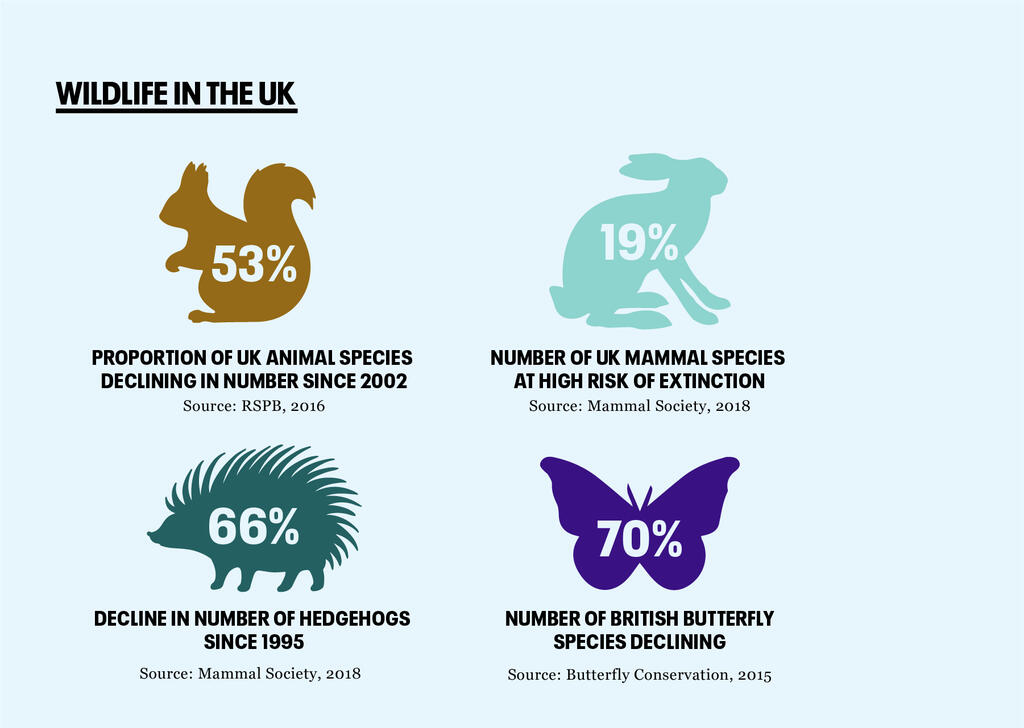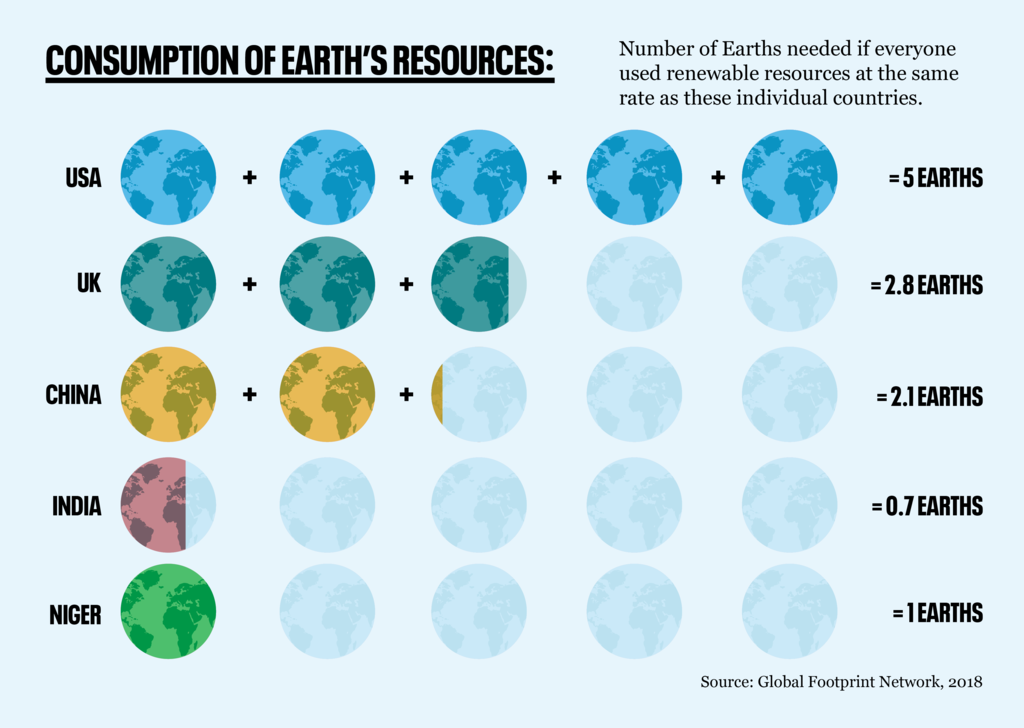
UK population bigger and greyer
Placeholder lead
Does it matter?
The latest release by the UK’s office for National Statistics confirms what we’ve known for a long time: the country’s population is getting bigger, and older.
- In mid-2018, the population of the UK reached an estimated 66.4 million.
- The UK population’s growth rate in mid-2018, at 0.6%, was slower than any year since mid-2004.
- Long-term international migration to and from the UK has remained broadly stable since the end of 2016 and has also continued to be the main driver of the UK’s population growth.
- In 50 years’ time, there is projected to be an additional 8.2 million people aged 65 years and over in the UK – a population roughly the size of present-day London.
- In 2018, there were 19.1 million families living in the UK, which is an increase of 8% from 2008
- Despite slowing growth, the population of the UK is still expected to have grown by more than seven million, to nearly 73 million, in a generation
Is bigger a problem?
The UK is a wealthy country, and its population growth rate is not high by international standards. Among rich countries, Germany’s growth is at 0.4% and the US, 0.7%. Mexico’s is double that of the UK, at 1.3% and Nigeria’s four times, at 2.4%. (Source: World Population Prospects, 2019 UN)
Domestically, however our affluence and population growth comes at a price. The State of Nature report in 2016 described the UK as one of the “most nature depleted countries in the world”. It will almost certainly miss 14 of the 20 “Aichi targets” set for 2020 by the Convention on Biodiversity for the protection of biodiversity.

Meanwhile, the UK is expected to need 300,000 more homes per year, and the number of secondary school places needed is projected to rise from 2.85 million in 2018 to an estimated 3.28 million around 2025.
Since 2005/6, hospital admissions have increased in all categories, not just older people, and while a range of factors influence that figure, the NHS is clear that population growth is one of the significant factors driving expenditure.
Internationally, the UK’s population places a burden on other countries. We currently import 60% of our food, contributing to unsustainable agricultural practices in countries which export to us.
If everyone lived as UK residents live, we would need three Earths to provide the renewable resources needed. According the government’s Climate Change Committee, each person in the UK, on average, is responsible for almost as many CO2 emissions overseas (to produce goods consumed in the UK) – 355 MtCO2e – as they are for emissions in the UK (429 MtCO2e).

Does a greying population matter?
A greater proporation of people are over 65 across the world than ever before. Another recent release from the ONS reports that there are now almost 600,000 people aged over 90 in the UK (still less than 1% of the population).

While retired people enjoy better health than ever before, they are still far more likely to require social and health care than other age groups, while most are not in employment and do not contribute directly to the economy in that form, or through paying employment-related taxes (the same is true of children, of course).
However, many continue to pay taxes in other forms, and it has been authoritatively estimated that people over 65 contribute around £165 billion to the UK economy, through informal activity such as child care and volunteering. A recent study found that concern about ageing has been exaggerated and identified many benefits from an ageing population.
Responding to the ONS release, Population Matters director, Robin Maynard, said:
“People who live in the UK understand that more people means a lower quality of life for them and more pressure on our environment. People want affordable housing without paving over countryside to get it, and fewer cars on the road, not more roads for cars to go on. People want education budgets to be spent providing better quality education for pupils, not funding more school places. In a Population Matters poll last year, 74% of people supported a national strategy to address population, 64% thought projected population growth is too high and just 2% – that’s one-in-fifty- thought it is too low.
“Alarmism about a tidal wave of unproductive pensioners is often used to justify a growing population but it’s a fundamentally flawed approach. The solution to more old people is not more young people, because they get old in turn. Instead of investing in a population pyramid scheme based on endless growth, what we need is a rational, evidence-based national conversation about developing sustainable, realistic policies to meet the challenges and opportunities of an ageing demographic. Retired people also contribute significantly to our society and economy, through things like child care and volunteering. We should value all our older people, and devote the resources to them that they deserve.
“Policies to address our changing age structure should form part of an integrated, sustainable population strategy across government. The public simply doesn’t want a population of 73 million in 25 years. Policymakers need to recognise people want better, not more, and stop using population growth as a short term fix.”


